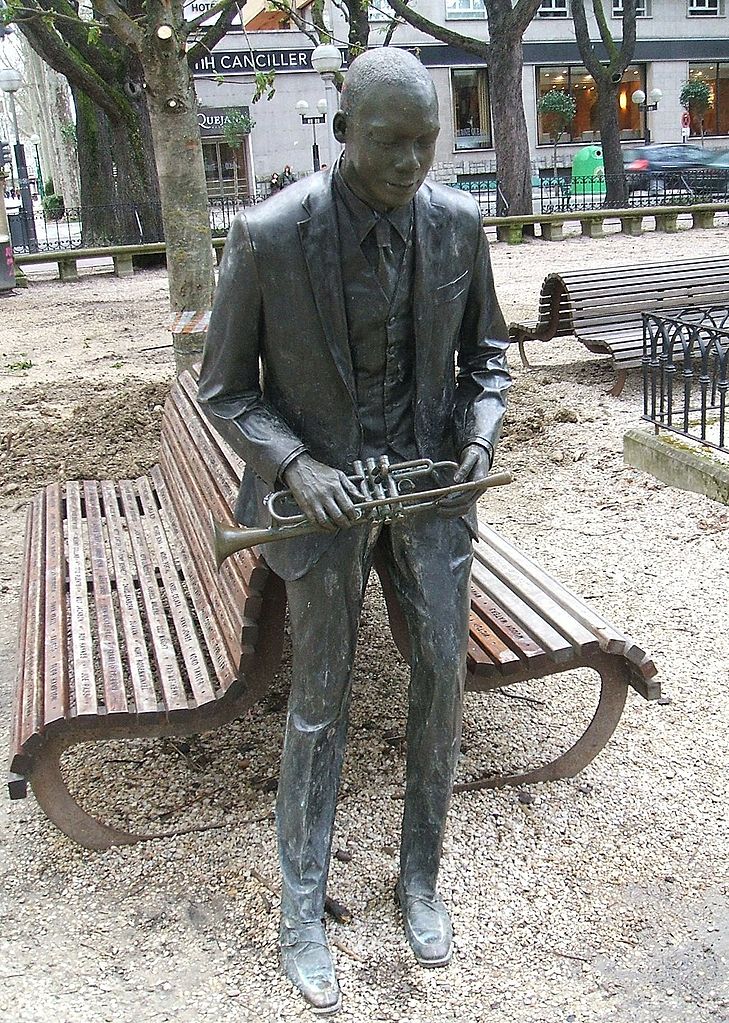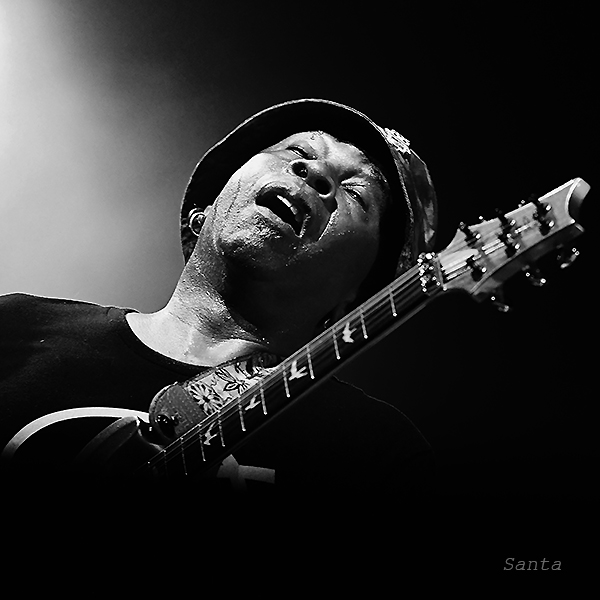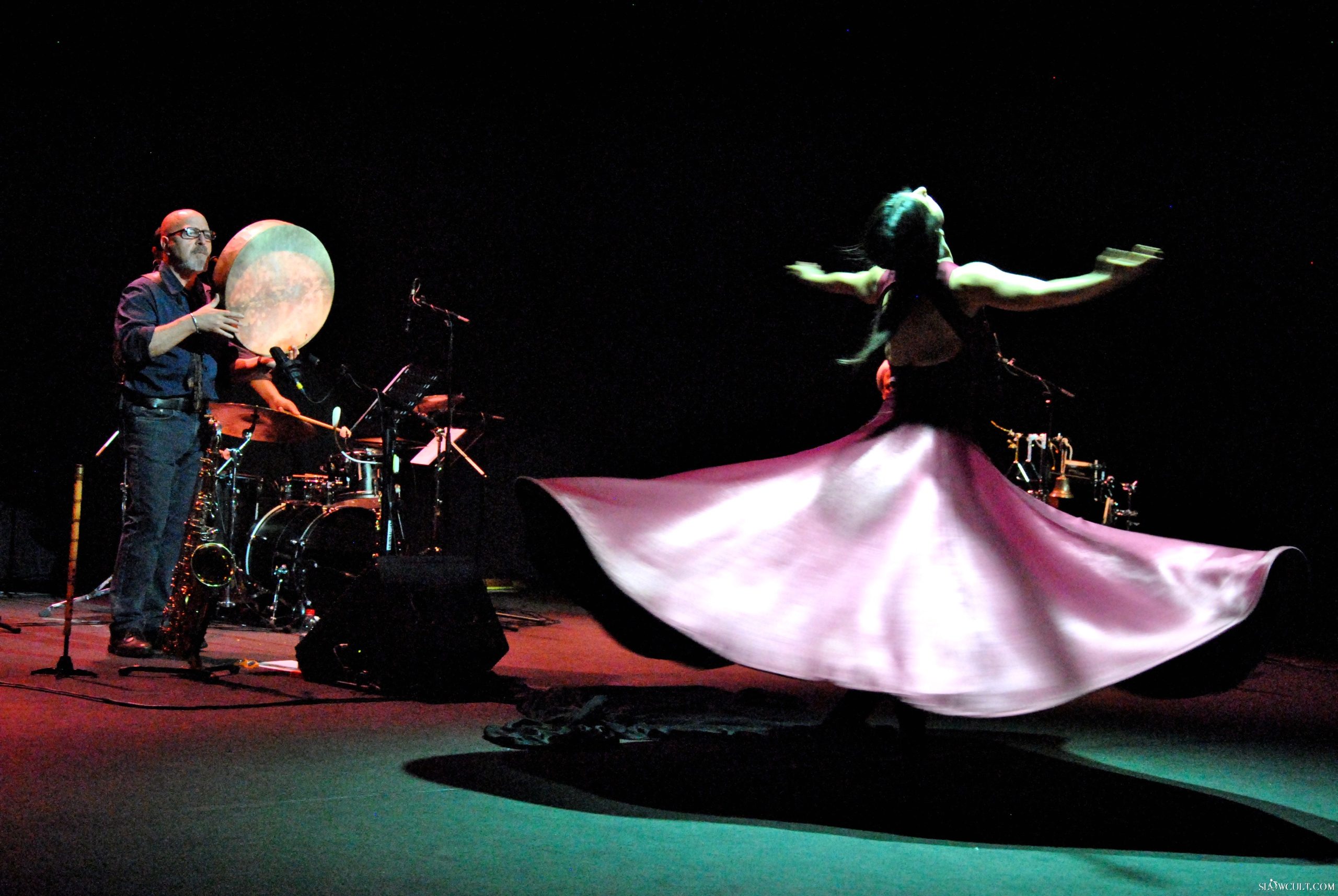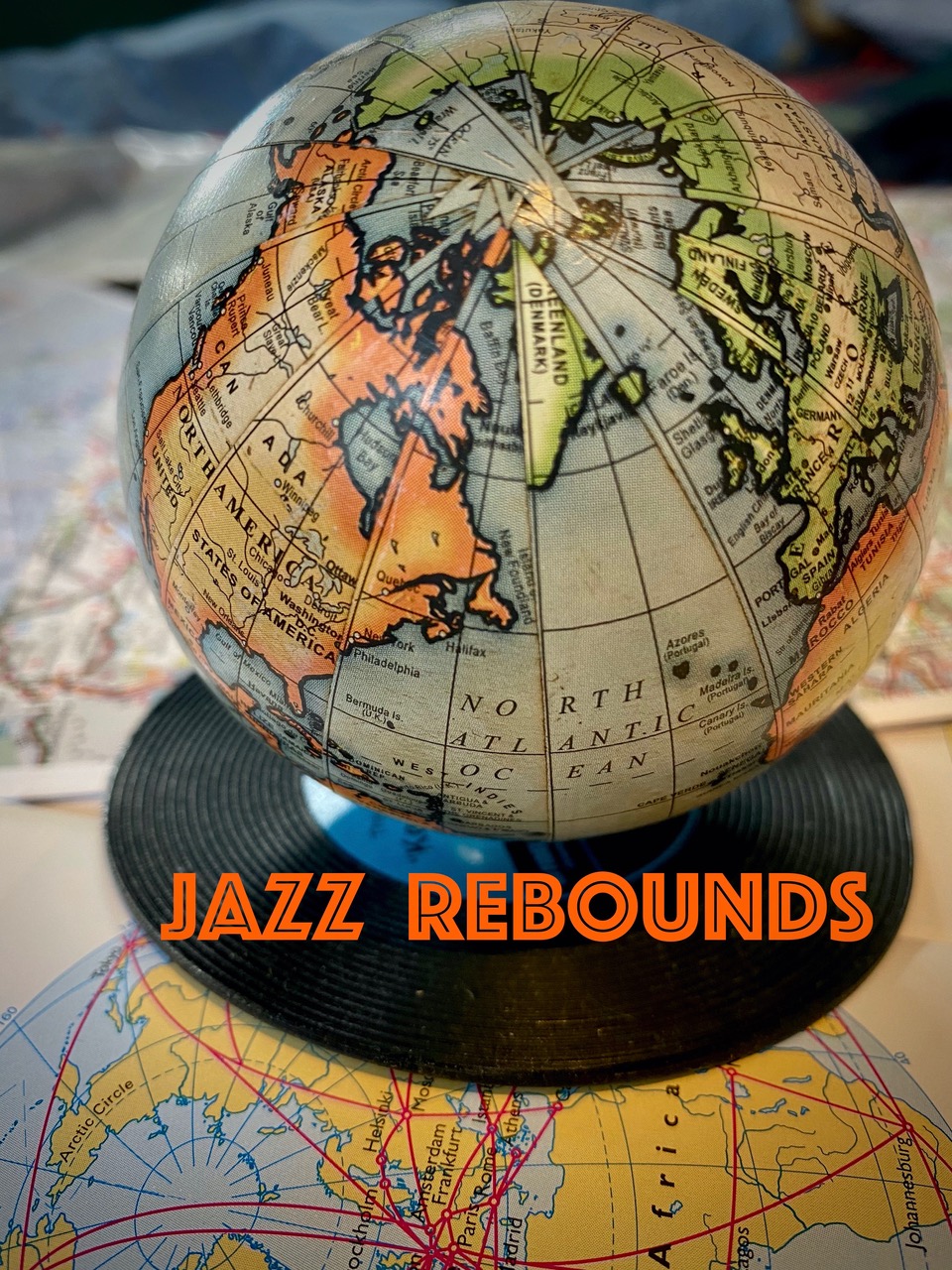When Greece shut down schools and advised social distancing in early March, Greek bassist Petros Klampanis was on a plane to Bogotá, Colombia to play three concerts with vocalist Sofia Ribeiro.

“I asked if the concerts were going to happen and they said ‘Not a problem,'” he told me by FaceTime. “When I landed, they said the concerts were cancelled, so I flew back home.”
“Home” since Klampanis left New York in 2018 has been Athens, a place that in recent years has been anything but calm. Since the killing of a student by police in 2008, street protests have been a way of life in the Greek capital. So Klampanis was rather amazed at the way the stubbornly contentious Greeks had responded to policies designed to control the spread of COVID-19. “We’re not the kind of people who like to be told what to do,” he said with a wry smile from his Athens home.
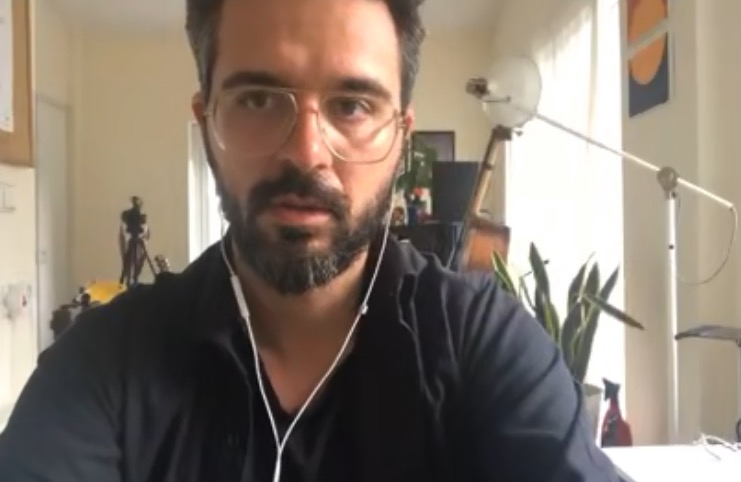
That may be true, but Klampanis reported that, “Things here are not as intense as in Italy or Spain. People responded and reacted in an early stage [of the pandemic]. You have to sign a paper to get out of the house or send a text to justify why you want to leave. For almost a month the streets were empty, but people are slowly emerging, wearing masks.”
Greece’s Eastern Christians celebrated Easter on Sunday, April 19, one of the biggest social occasions of the year. The end of Lent usually heralds an acceleration in the pace of Athens’ vibrant nightlife. As this begins to happen, Klampanis foresees an encouraging change in socializing habits.
“There are not so many jazz clubs in Greece, but lately the whole scene has transformed. People who went to the skilladthika [the now-closed informal, often unauthorized nightclubs where traditional music is played] are now listening to jazz,” he said. “The audience is expanding.”
It can’t hurt that world-class players such as Klampanis are increasingly on the scene in their native land and around the world. The bassist had recently returned from a European tour in February in support of saxophonist Oded Tzur’s new ECM release, There Be Dragons, on which Klampanis played. In January, the bassist toured the U.S., Russia, Paris and Crete behind his 2019 Enja CD Irrationalities.

With tours cancelled and local playing opportunities nonexistent, he has been producing and recording a series of videos, including remote collaborations with his Irrationalities band, pianist Kristian Randalu in Tallinn, Estonia and drummer Bodek Janke in Berlin.
“I’m only doing livestream concerts now, once or twice a week,” he said of his current activities. “I produce music videos with collaborators in Estonia and I’m trying to book more concerts, but no one is confident enough to know what it’s going to be like in November. So I’m writing music and shedding even more. That’s one of the good things, trying to spend more time with the bass and the piano.”

